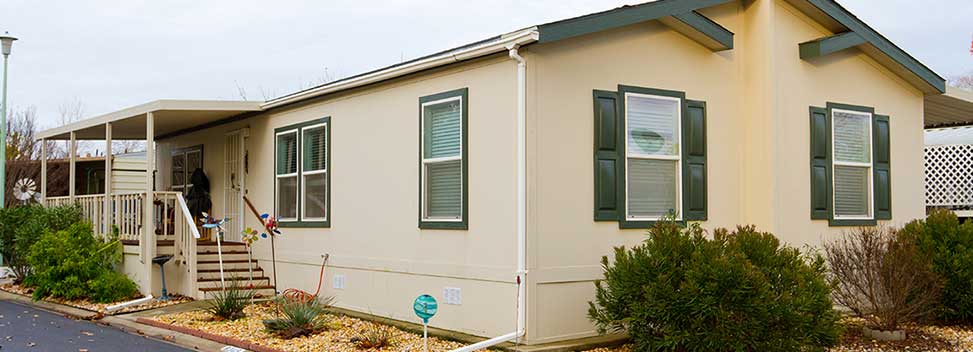Will park homes owners rule this year?

In 2019 the Government approved the park home owners’ petition to review the existing law. A working group was formed to take the petition and responses forward and study the impacts of a change to the 10% commission charge in England on residents and site owners. Mobile homes are subject to council tax in the same way as traditional ‘bricks and mortar’ homes, and are placed into the same council tax bands according to their value.
According to the petition, mobile home owners pay council tax but see little in return in provided services and in a secure tenure of their park living, and that’s the main reason to reduce the council tax they pay. They pay through their ground rents for their own lighting, roadworks, street cleaning, drainage and other services. Many councils also receive license fees from site owners that are also paid for by the occupiers.
In 2013, park home laws were amended to give local authorities greater enforcement powers with the Mobile Homes Act 2013, in terms of security of tenure, or an effective system of arbitration for pitch fee levels fixed by rent.
Park homes have become more popular as residential properties. The Government estimates that there are around 85,000 households living in mobile homes on 2,000 sites in England.
What is a park home?
Park homes are typically prefabricated single-storey houses, and installed on land owned privately or by a local authority. When purchasing or moving into a mobile home, the building is situated on a lot in a mobile home park, and most often the land cannot be bought.
Due to the efficiency of modern materials, park homes can be as thermally efficient as brick and mortar and can offer comfortable and even luxurious accommodation.
These are some quick answers for common questions about park homes:
1. Can you live in a mobile home permanently?If you choose to buy a home that is located on a licenced park site designed for full time residence you can live there all year round. You cannot live on a holiday home park permanently.
2. Does a mobile home need an Energy Performance Certificate (EPC)?No, mobile homes (park homes and lodges) are exempt from requiring an Energy Performance Certificate. These types of properties do not meet the property criteria that require the certificate.
3. Can you get a mortgage on a park home in the UK?No, you cannot get a mortgage on a park home or mobile home in the UK, however there are specialised lenders who will make finance available.
4. How long do park homes last?Regular maintenance is key to helping park homes hold their value and last longer. Unlike traditional homes, a park home will usually depreciate in value because is not classed as a permanent structure and owners don’t usually own the land on which is located. A newly built park home that is properly maintained can last up to 80 years.
5. Do you need park home insurance cover?Buildings and contents insurance cover are not compulsory, but it can help with costs in the case of insured events such as fire, flooding or storm, vandalism, or accidental damage.
The sole purpose of this article is to provide guidance on the issues covered. This article is not intended to give legal advice, and, accordingly, it should not be relied upon. It should not be regarded as a comprehensive statement of the law and/or market practice in this area. We make no claims as to the completeness or accuracy of the information contained herein or in the links which were live at the date of publication. You should not act upon (or should refrain from acting upon) information in this publication without first seeking specific legal and/or specialist advice. Arthur J. Gallagher Insurance Brokers Limited trading as Intasure accepts no liability for any inaccuracy, omission or mistake in this publication, nor will we be responsible for any loss which may be suffered as a result of any person relying on the information contained herein.
FP705-2023 Reviewed on 24/05/2023